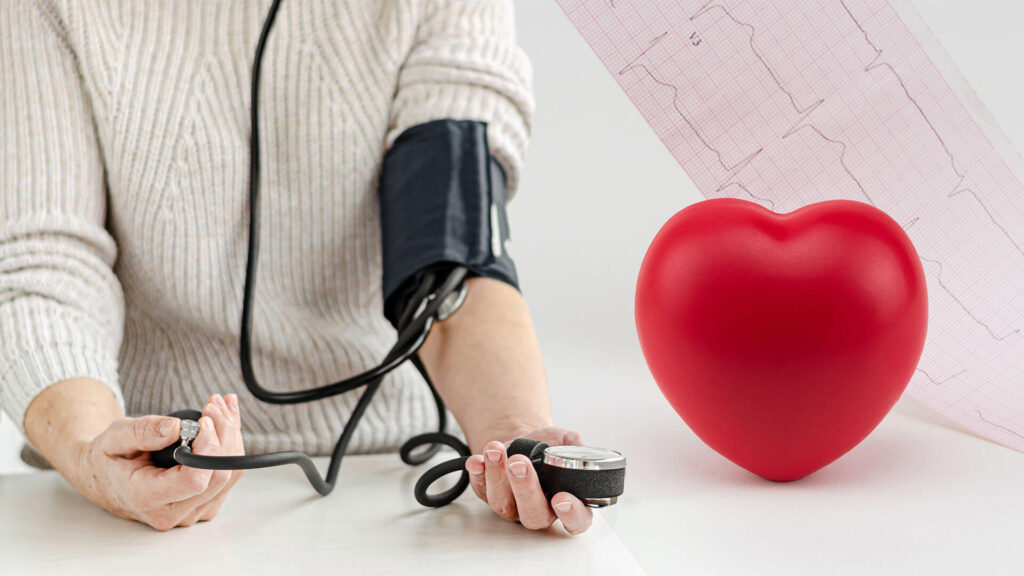Cardiovascular diseases have become a leading cause of mortality in the world. Ischemic heart disease involving the coronary arteries makes up a major part of it. In India, the mortality rate is much higher than the global rate. Not only the higher mortality rate affects the Indian population but also it affects around 50 years of age. Though Ischemic heart disease is the leading cause of death it can be prevented with early treatment. To prevent a disease, diagnosis is key. Coronary angiogram (CAG) is one of the top diagnostic tools available to diagnose ischemic heart disease.
So, what is “Coronary angiogram”?
It is a special procedure that takes dynamic x-ray pictures of your heart. This procedure aims to see if your coronary arteries are narrowed or blocked and to look for abnormalities of your heart muscle or heart valves. Coronary arteries are the blood vessels that supply the heart. So, if these arteries get blocked it can lead to a heart attack.
How is coronary angiogram is performed?
This procedure is performed in the catheterization lab of the hospital. To prepare for this procedure, you should be advised not to take any food or drink 8 hours before the procedure. Before the procedure, the doctors would review the medical history, the medications you take, and any associated allergies; especially allergies to contrast medium. During the procedure, you lie on your back on an X-ray table with safety straps inserted. X-ray cameras will move over and around your head and chest to take pictures from many angles.
Next, alocal anesthetic is given to the wrist. A small incisionis made in your wrist and a fine tube called a sheath is inserted to hold the blood vessel open.Then a catheter is inserted and moved through your blood vessels into your coronary arteries using X-ray guidance.A small amount of dye called contrast medium is injected through the catheter and the pressure in your heart will be measured.As the dye is injected, a hot flushing sensation along with a metallic taste may be felt which is normal. Then, a series of X-ray images are taken of your coronary arteries to see if there is any blockage of the arteries. These are called angiograms and will be stored on a computer. After the procedure, the catheter and sheath are removed. A tight dressing or cuff may be applied for around 2 to 3 hours and the incision made is sutured. After the procedure, bedrest is provided with monitoring of your vitals. After the recovery period, you will be discharged unless there are any other complications.
What are the associated risks in this procedure?
Coronary angiogram is considered a safe procedure. Bleeding, and rash formation due to dye allergy are the common simple risks associated with the procedure. Damage to the artery where the catheter was inserted, and heart attacks are some of the serious but very rare complications that can occur.
In our hospital, we have the best qualified and trained doctors to guide you in this procedure. With the availability of sophisticated cutting-edge technology, you are provided with the best service a hospital can offer. From the beginning of the procedure, up until the recovery, our staff is with you in keeping you safe.




